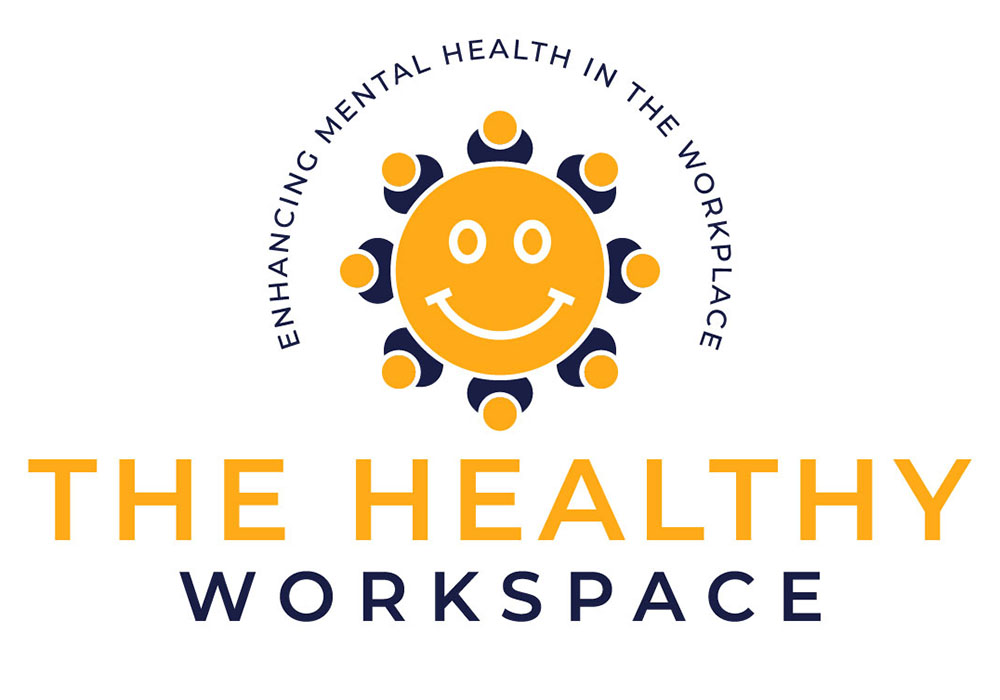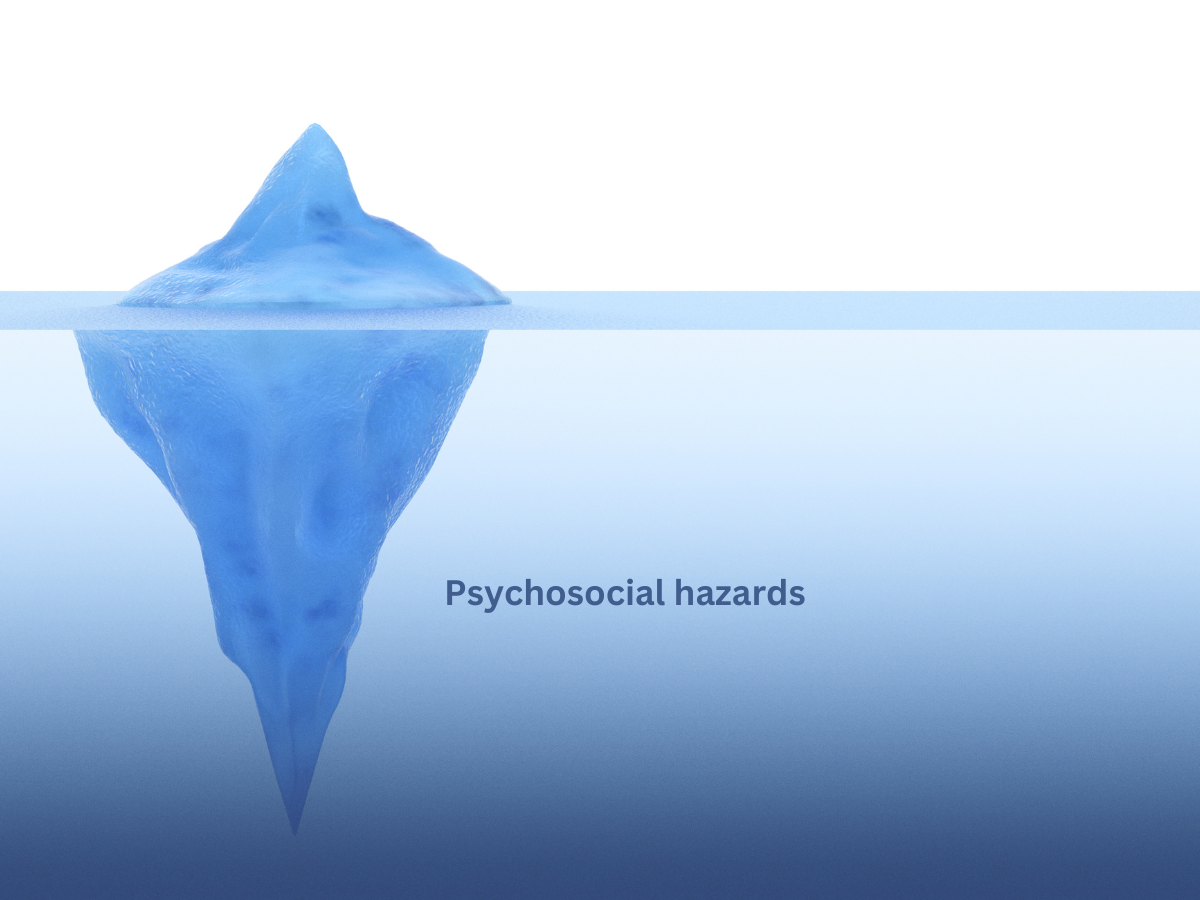
Lack of support in the workplace, being bullied, not supported or not being appreciated for work effort leads to poor work relationships. Organisations that permit bullying, tolerate poor behaviour from leaders, ignore misconduct are creating an environment of increased risks for psychosocial hazards. Employees who are not permitted to report risks, provide feedback or witness work harassment without repercussions are at a higher risk for psychological stress.
Isolated incidents, although they pose a heightened risk, are more damaging when they are combined with other factors such as low job control, high demands and poor organisational justice.
Poor working relationships do not always involve direct conflict but can also be caused by employees being ignored or excluded from team events and with unfairness occurring in promotional opportunities within an organisation.

Example:
Peter works for a new mining company that requires him to travel to a remote location where he joins an already established team of workers. Peter tends to naturally be a bit more introverted than most and finds it difficult at the beginning to make deep connections.
The first week on his new job, Peter gets invited to a social occasion that would take him way outside of his comfort zone. Peter politely rejects the invitation as he needs time to readjust to his new environment. This happens twice in succession and by the third event Peter is not invited. Over the coming weeks he begins to notice that he is being treated like an outsider in the group and he is beginning to retract more into himself and feel like this new job was a big mistake for him.
What contributes to Poor Workplace Relations
- Inadequate communication
- Lack of trust between management and employees
- A ‘them’ and ‘Us’ mentality
- High workloads
- Unclear expectations
- Beign excluded from events
Negative consequences of Poor Workplace Relations
- High levels of absenteeism
- Reduced productivity
- Increased levels of stress
- Poor company loyalty
Strategies for mitigating conflict and poor working relationships
Provide Supportive Leadership: Train managers to be supportive and approachable leaders. Encourage them to actively listen to their team members, provide constructive feedback, and create an inclusive environment where everyone feels valued.
Implement Conflict Resolution Training: Provide training for employees and managers on effective conflict resolution techniques. Equip them with the skills to handle disagreements constructively and professionally.
Establish Clear Policies and Procedures: Develop and enforce clear policies regarding workplace behavior, harassment, and conflict resolution. Ensure that all employees are aware of these policies and understand the procedures for reporting and addressing conflicts.
Foster a Positive Work Culture: Cultivate a workplace culture that emphasises respect, support, and collaboration. Recognise and reward positive behaviors and teamwork, and address negative behaviors promptly.




